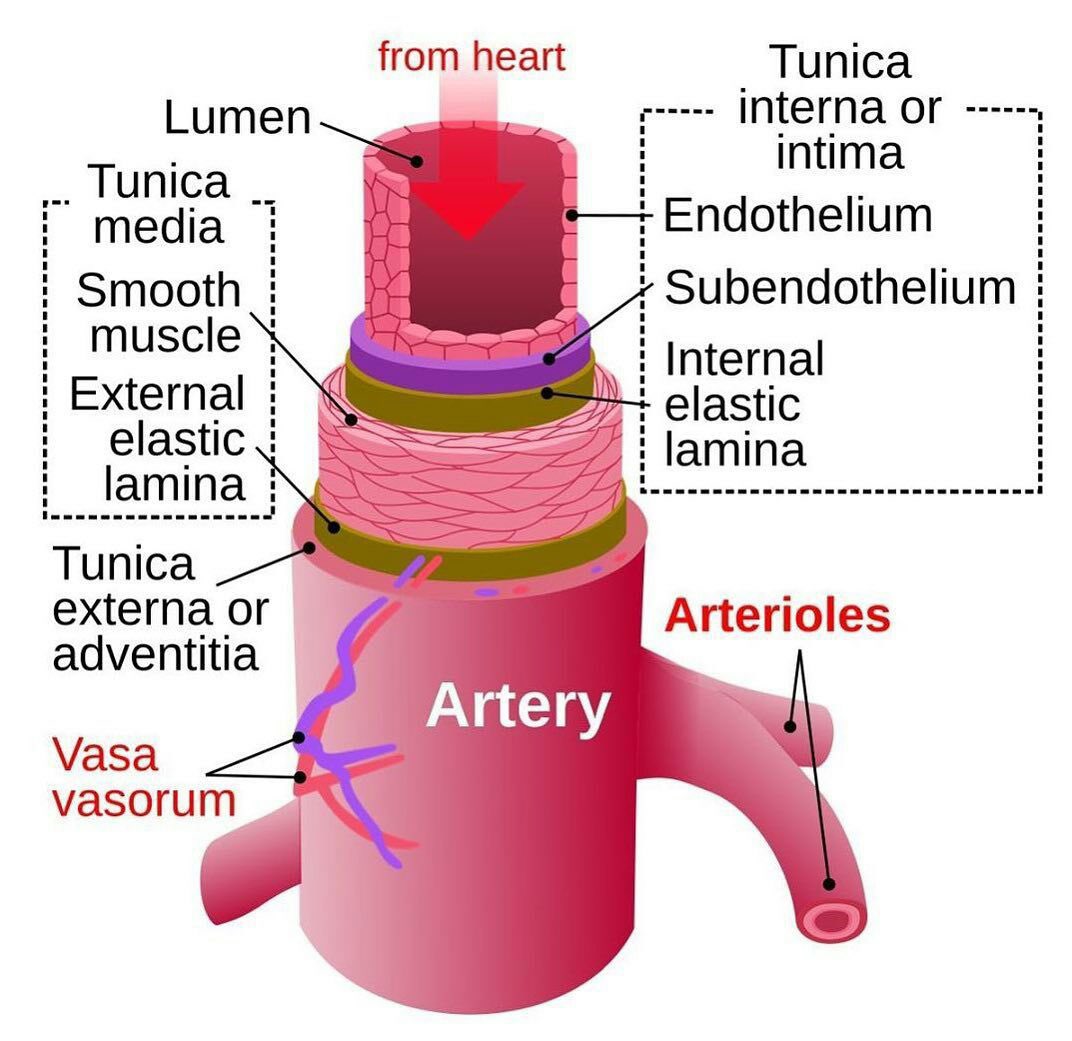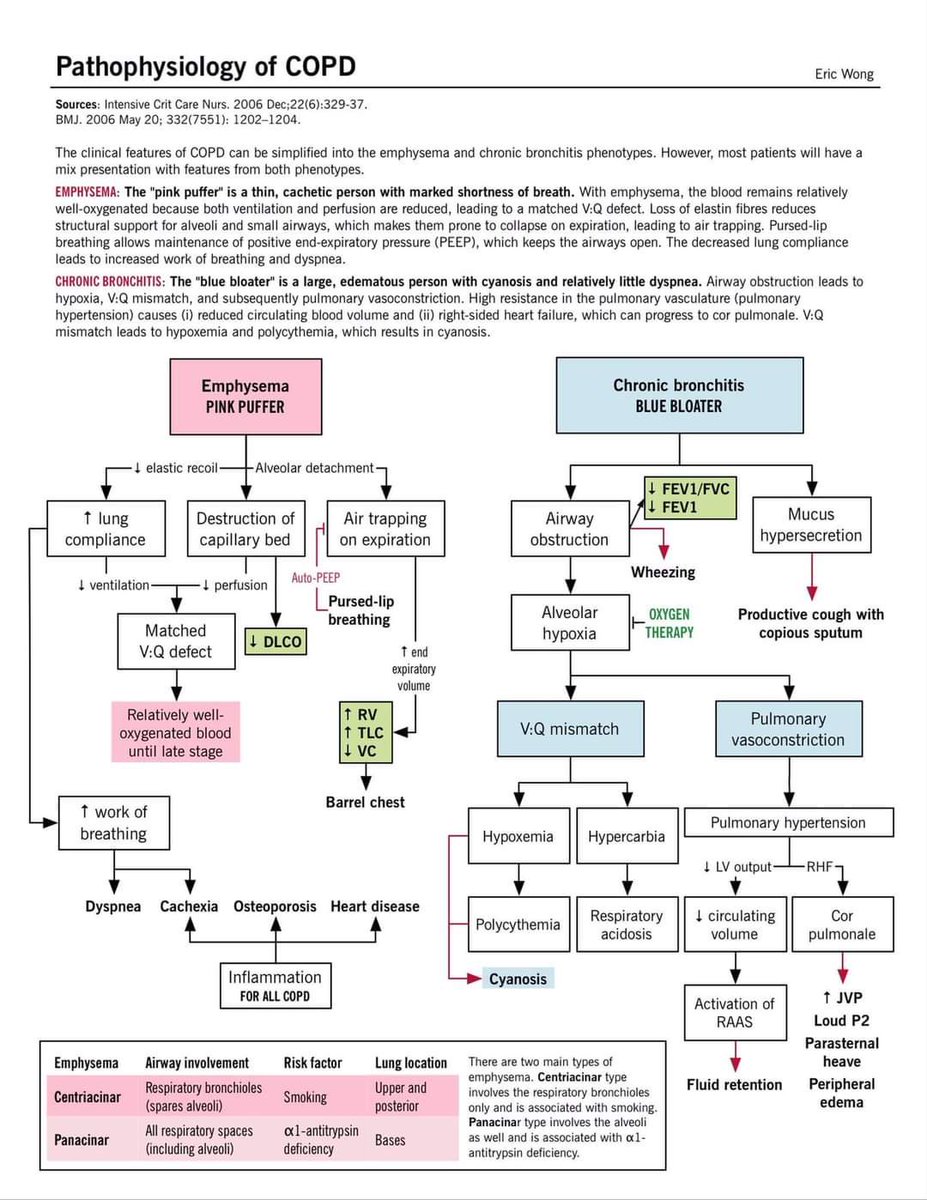
The bony and vascular anatomy of the cervical spine.
Credit: @neurosurgatlas
Credit: @neurosurgatlas
https://twitter.com/neurosurgatlas/status/1588705702784405504/video/1
• • •
Missing some Tweet in this thread? You can try to
force a refresh















